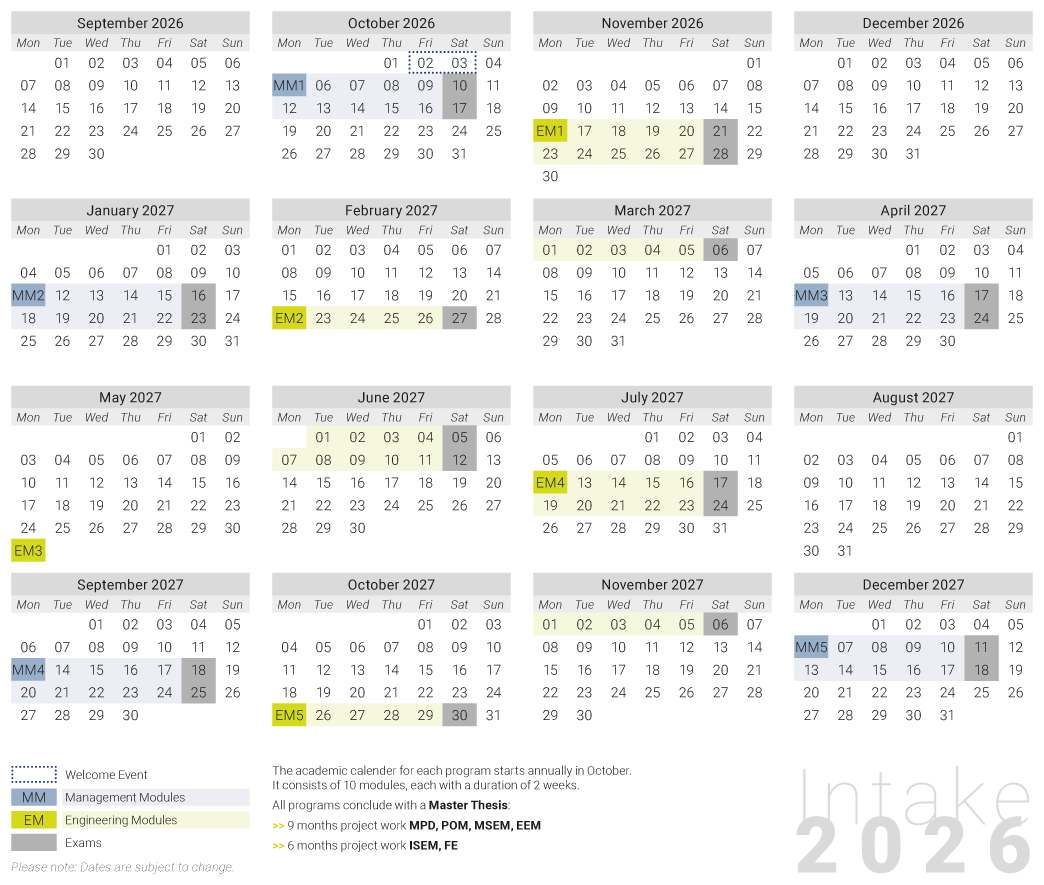Master of Science in Mobility Systems Engineering and Management
Automotive companies are developing new technologies to enhance mobility, focusing on eco-friendly solutions like electric and hybrid vehicles. These rely on embedded electronics to improve efficiency and reduce emissions. Demand for safer, cost-effective products drives innovation in design and development.
Advanced technologies, such as driver assistance systems, depend on real-time wireless communication. Low-cost components like microcontrollers, sensors, and communication busses, once customized, unlock new capabilities by leveraging vehicle data. Concepts like client-server communication support model-based, process-oriented system design.
The Master’s Program in Mobility Systems Engineering and Management equips both new and established players with a system-oriented approach to the future of mobility.
Key Facts
- Structure: Part-time (but enrolled as a fulltime student)
- Duration: 15 months plus time needed for master's thesis (varies)
- Module abroad in Barcelona, Spain: one of the management modules is held at the prestigious ESADE Business School in Barcelona/ Spain.
- Costs: 36,000.00 € (thirty-six thousand Euro) overall (detailed information on our costs and fees webpage)
- Language: English
- Degree: Master of Science (M.Sc.) of the Karlsruhe Institute of Technology (KIT), 90 ECTS
- Start: Every year in October (flexible schedule possible)
- Application deadline: There is none. We have a rolling application process.
- Admission requirements: First academic degree (e.g. Bachelor, Master or Diploma), at least 2 years professional experience, English language proficiency. Find more here.
- Accreditation: by aaq
Focus Points
- Automotive Systems in times of Internet of Things (IoT) and Industry 4.0: Integration of Cyber Physical Systems & Big Data Handling
- Automotive Standards & Applications (autonomous driving, alternative drivetrains and more)
- Data Communication Topologies and Technologies (e.g. CAN, Flexray or wireless/car2x, Ethernet)
- Worldwide Release & Configuration Management
- Testing 2.0 (beyond classical HiL)
- Security & Safety (according to ISO26262, ASIL)
- Process Maturity Level Assessments (CMMI, SPICE)
Be the Prime Mover with a Master in Mobility Systems Engineering
The master's program Mobility Systems Engineering and Management is divided into 5 engineering and 5 management modules of 2 weeks each, over a period of 15 months. The modules are followed by a master thesis written in the company (9 months) and often used as a innovation project for the company. The overall duration is approx. 20 months.
| Engineering Modules | Management Modules |
|---|---|
|
|

Temir Vinokhodov (he/him)
Admissions & Program Consultant
info ∂does-not-exist.hectorschool com
+49 721 608 47880
Program Content & Specialization
Industry (industry 4.0) and mobility, mainly vehicles for automated driving, electrical drive trains and car-2-x communication are strongly influenced by todays developments. As a consequence, sustainable mobility concepts are increasingly using embedded electronic systems to maximize efficiency, enable automation and reduce pollution.
Specialization Advanced Driver Assistance Systems (ADAS)
- Car-to-X Communication
- Driver assistance systems for autonomous driving (incl. sensors & systems, security aspects)
- Environment perception (optical sensors & systems, impact security, comfort & efficiency)
- Vehicle traffic interaction, e.g. automotive radar technology and car-to-X communication
Specialization e-Mobility
- Electric Power Train: Concepts, architectures, technologies (e.g. signal processing, real time systems) & design of electrical drive systems & complex electronic systems
- Energy supply, storage & conversion (e.g. batteries, fuel cells, H² storage, powertrain systems)
- Charging Management
International Module
International Cooperation
HECTOR School maintains fruitful cooperations with various academic partners worldwide. In the Master’s program Mobility Systems and Management, one of the Management modules is held in Barcelona at ESADE Business School. Find here some impressions of participants and their time at the the ESADE Business School.
Program Structure & Academic Calendar
Program Structure
The concurrently taught Executive Master Program is designed for working professionals. Block lectures scheduled at intervals allow participants to continue with demanding careers while acquiring new skills.
5 Management Modules presents broader knowledge in management know-how, including two modules conveying the universal topic of digitisation and the associated disruptive innovations. The 5 Engineering Modules provide deeper knowledge in technological topics.
Download the Academic Calendar Intake 2026 (PDF)
Content Overview & Learning Targets
Order now our so called "Content Overview and Learning Targets" (COLT) to get a better understanding into the content of your favoured Master Program. You will get an overview over
- Study objectives (e.g. professional qualification for certain activities, scientific work, knowledge of methods)
- Structure of the study programme
- Content and definition of courses (sub-areas, focal points)
- Study plan
Click here to request your "Content Overview and Learning Targets" handbook.
Economic Sector & Career Perspectives
Participants of Mobility Systems Engineering and Management
Professionals working in the development, production or integration of embedded systems within the following industries:
- Automotive industry with suppliers, manufacturers, and service providers
- Railway industry
- Other vehicle industries (e.g. bike industry, ground support equipment, farm machines, automated guided vehicles)
- Electronic and software industry
Career Perspectives after Graduation
The challenges of todays mobile world require globally thinking visionaries, engineers and managers who are able to combine competences in mechanical and electrical engineering with excellent know-how in economics, business management and law.
Graduates of the Master´s program Mobility Systems Engineering & Management receive a unique interdisciplinary education in systems engineering and state-of-the-art technologies in autonomous driver assistance systems or e-mobility at one of the best technical universities worldwide. The KIT Master of Science Degree will foster the graduates careers in the above named industries to a large extent.
Alumnus voice
"The five Engineering Modules give a deep insight into the new challenges of the automotive industry. Highly experienced lecturers show the state-of-the-art research in the topics of electro engines, batteries, but also cognitive systems or embedded systems. This broad variety of subjects combined with the five Management Modules with a lot of case studies are the perfect fundament for a further personnel development. On top, you are still able to continue your current job and to introduce the new methods to your daily business life.”
Alexander Spies, HECTOR School Graduate, Behr GmbH & Co. KG
Find more Alumni Voices of our Master´s Programs
Academic Requirements & Admission Statutes
Academic Requirements
- University degree in a relevant subject
- Professional experience (at least 1-2 years) & current employment
- English proficiency
Detailed description of all admission requirements
Admission Statutes
Download here the statutes for admission (German PDF) to the Master's program in Mobility Systems Engineering and Management.
Program Directors & Faculties
Program Directors
 |
Prof. Dr.-Ing. Eric Sax
|
 |
Prof. Dr. Stefan Nickel
|
Head of Specialization ADAS
 |
Prof. Dr. rer. nat. Frank Gauterin |
Head of Specialization e-Mobility
 |
Prof. Dr.-Ing. Martin Doppelbauer |
KIT Teaching Quality
MSEM:
- Institute of Economic Policy Research
- Institute of Finance, Banking and Insurance
- Institute of Industrial Production
- Institute of Information Processing Technology
- Institute of Applied Business Studies and Management
- Institute of Applied Informatics and Formal Description Methods
- Institute of Economic Theory and Statistics
- Institute of Micro- and Nanoelectronic Systems
- Institute of Product Development
- Light Technology Institute
- Institute of Vehicle System Technology (FAST)
- Institute for Transport Studies
- Institute for Measurement & Contol Technology
- KIT Department for Informatics/ Research Group for Cryptography & Security
- Institute for Control Systems
- Electrotechnical Institute
- Institute of Nanotechnology
- Institute for Applied Materials - Energy Storage Systems
- Institute for Anthropromatics & Robotics
- Institute of Management
- Institute for Industrial Science and Business Organization (ifab)
- Chair of Entrepreneurship & Technology Management
- Institute of Information Systems & Marketing
- Institute of Operations Research
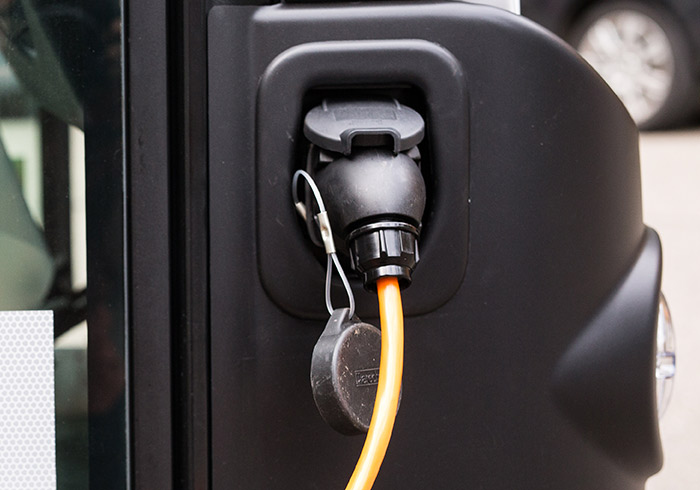
Drive technologies and topologies must be re-evaluated with regard to the overarching goal of climate and environmental protection. Learn more about the technical components of both electric and hybrid vehicles from scooters to cars to the powertrain in this specialization of our M.Sc. in Mobility Systems Engineering and Management.
Read more here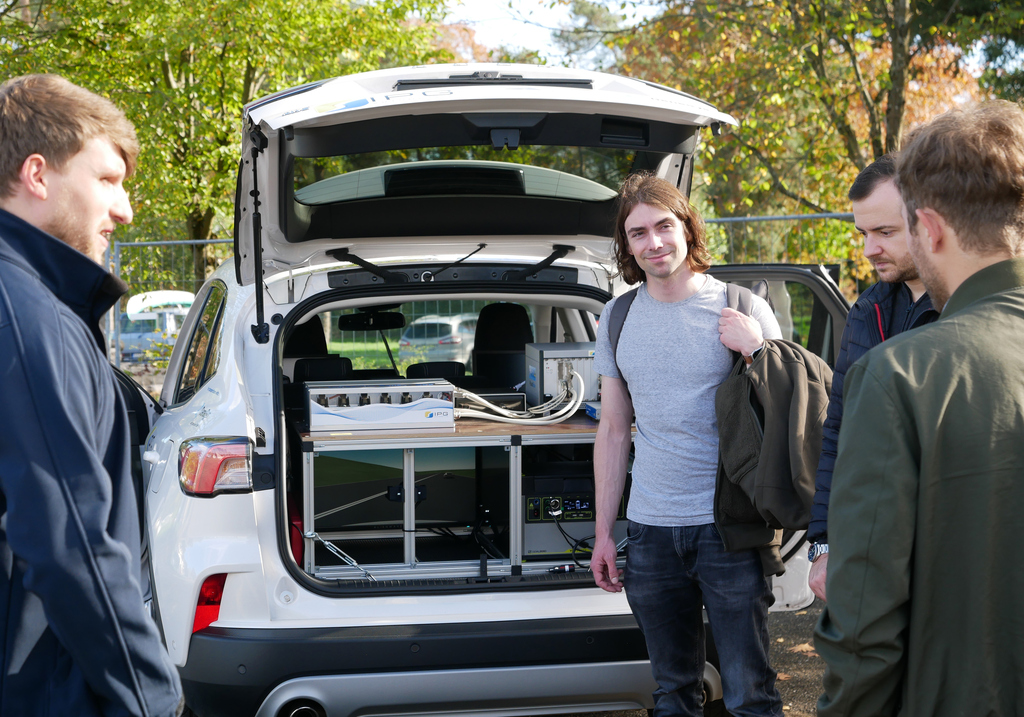
Driver assistance systems help the driver and the vehicle. With the specialization in Advanced Driver Assistance Systems of the M. Sc. in Mobility Systems Engineering and Management, you will be empowered to bring the future of mobility to the road.
Read more here

Find out which requirements you need in order to be admitted to our Master's programs.
READ MORE
Certificate of Advanced Studies (CAS) in Future Mobility Topics
LEARN MORE
Unlocking Career Potential in Systems Engineering, E-Mobility or Automated Driving
Find out more
We assist you in finding the best education program to fit your individual needs and career profile.
READ MORE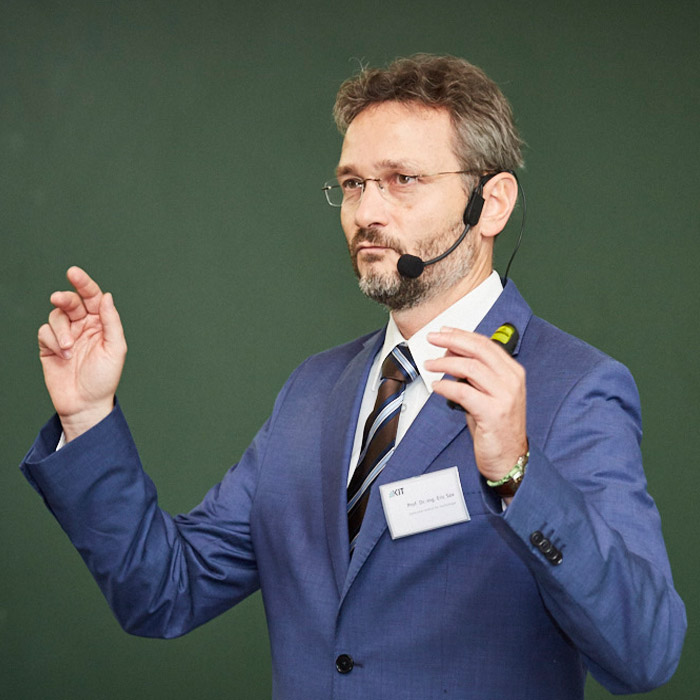
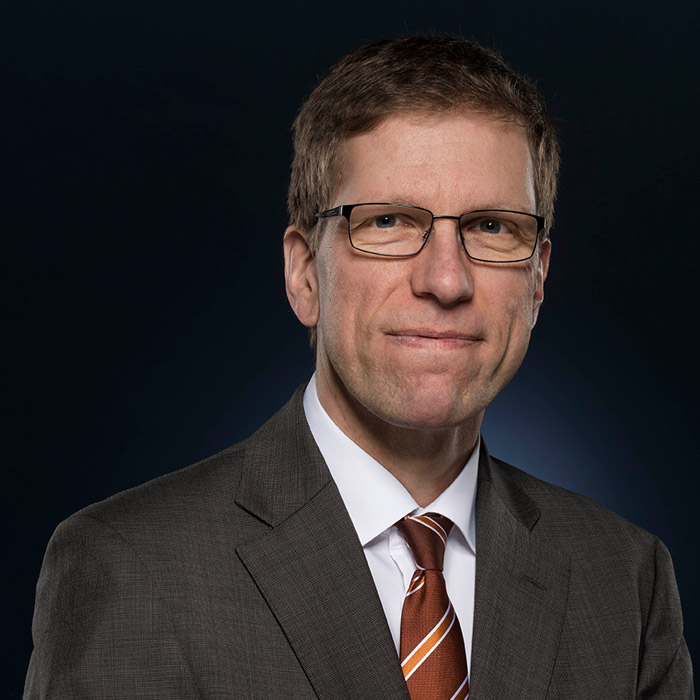
Faces behind HECTOR School:
Program Director Prof. Doppelbauer gives insights




